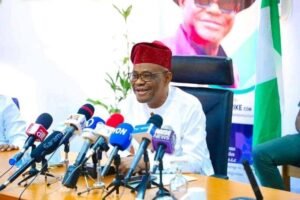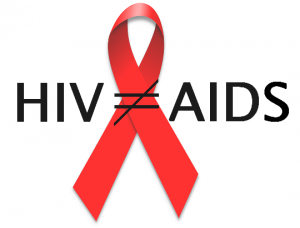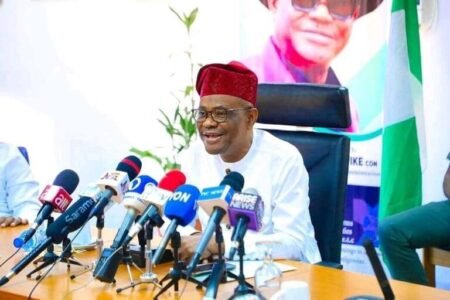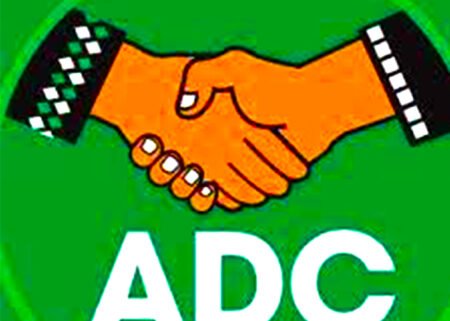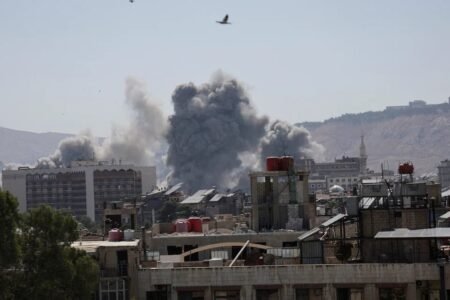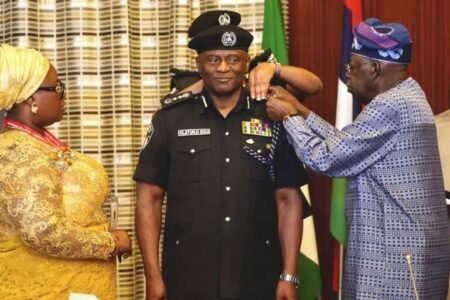The United States has increased the reward for information leading to the arrest of Venezuelan President Nicolás Maduro to $50 million (£37.2 million), accusing him of being “one of the world’s largest narco-traffickers.”
US President Donald Trump has frequently criticised Venezuelan President, who came to power in January after an election plagued by claims of vote manipulation. The international community overwhelmingly rejected the findings.
Attorney General Pam Bondi stated that the US will quadruple its previously announced prize of $25 million (£18.6 million) and that Maduro was directly tied to drug smuggling operations.
Venezuelan Foreign Minister Yvan Gil described the proposed award as “pathetic” and “political propaganda”.
“We’re not surprised, coming from whom it comes from,” Gil said, accusing Bondi of attempting a “desperate distraction” from headlines related to backlash over the handling of the case of sex offender Jeffrey Epstein.
During Trump’s first term, the US government charged Maduro and other top Venezuelan officials with a variety of crimes, including narco-terrorism, corruption, and drug trafficking.
The US Department of Justice said Maduro collaborated with Colombian rebel organisation FARC to “use cocaine as a weapon to ‘flood’ the United States” at the time.
In a video uploaded on X on Thursday, Bondi accused Maduro of collaborating with groups such as Tren de Aragua, a Venezuelan gang designated as a terrorist organisation by the Trump government, and the Sinaloa Cartel, a strong criminal network located in Mexico.
She stated that the US Drug Enforcement Administration (DEA) had “seized 30 tonnes of cocaine linked to Maduro and his associates, with nearly seven tonnes linked to Maduro himself.”
Maduro has repeatedly denied US allegations of direct involvement in drug trafficking.
Bondi’s statements represent a continuation of long-standing tensions between the US and Venezuelan governments, but the attorney general did not provide any additional information about how the administration expected the repeated appeal and cash inducement to achieve results.
Maduro, the United Socialist Party leader who succeeded Hugo Chavez in 2013, has been regularly accused of oppressing opposition groups and silencing criticism in Venezuela, including through the use of violence.
He weathered protests during last year’s contentious election and has maintained his power.
Hugo Carvajal, the former commander of Venezuela’s military intelligence, was convicted of several drug trafficking charges in June after being detained in Madrid and tried in the United States.
Carvajal, a notorious spymaster known as El Pollo, or The Chicken, fled Venezuela after urging the army to support an opposition candidate and remove the president.
He first rejected the drug allegations but eventually pleaded guilty, stoking speculation that he made a deal with US officials for a reduced sentence in exchange for damning information against Maduro.
Following Maduro’s return to power earlier this year, the United Kingdom and the European Union levied sanctions against his government.
